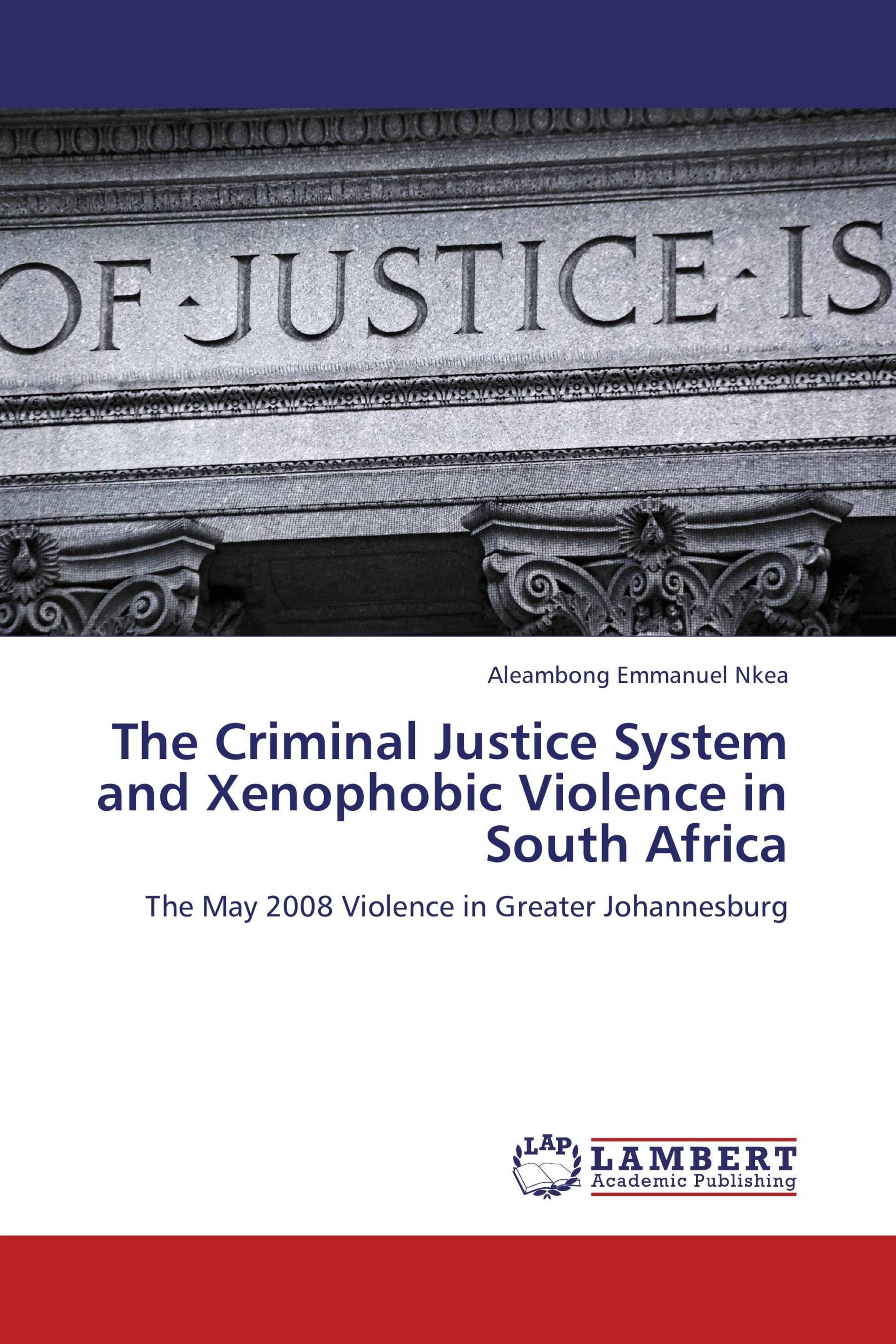The Criminal Justice System and Xenophobic Violence in South Africa
The May 2008 Violence in Greater Johannesburg
€ 68,00
The post-1994 constitutional state that South Africa has become is based on the values of ‘human dignity’ and ‘equality’ among others. While law formed the basis of a divided and racist state prior to 1994, law has also taken a fundamental role in recognizing the universality of the human rights for all who live in South Africa today. Creating a strong visibility of human rights within the law, however, is only one step in the process. How the law is implemented determines its real worth and effectiveness. While these progressive laws further distinguish South Africa as a state with outstanding legal commitments towards the universality of human rights, they have failed to find expression in the implementation process. This study examines how the criminal justice system responded to the May 2008 xenophobic violence in South Africa from the dimensions of legal and policy frameworks; legal processes; legal innovations; institutional issues; and context factors such as non-state policing and justice structures. It focuses on three key actors; the courts, the National Prosecuting Authority (NPA), and the South African Police Services (SAPS).
Book Details: |
|
|
ISBN-13: |
978-3-659-17594-7 |
|
ISBN-10: |
3659175943 |
|
EAN: |
9783659175947 |
|
Book language: |
English |
|
By (author) : |
Aleambong Emmanuel Nkea |
|
Number of pages: |
156 |
|
Published on: |
2012-07-23 |
|
Category: |
Law,other |
